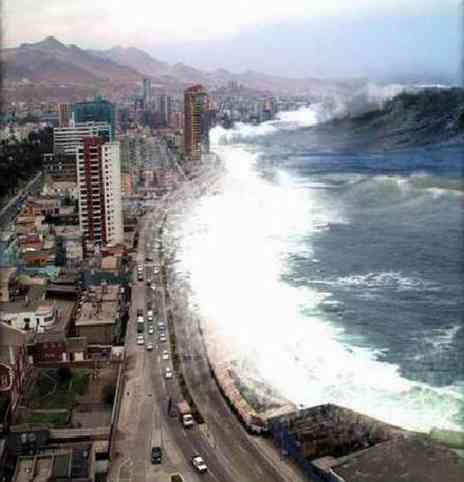
ROSTOCK, GERMANY — As leaders of wealthy nations converged Wednesday on a Baltic Sea resort for their annual meeting, the White House effectively derailed a climate change initiative backed by one of President Bush's strongest European allies, Chancellor Angela Merkel of Germany.
The White House said it would hold firm against concrete long-term targets for reducing greenhouse gas emissions, a major priority for Merkel, the host of the Group of 8 meeting.
The real work of the meeting will get under way today, when Bush and President Vladimir Putin of Russia are to meet. Bush tried to stop the slide in relations with Putin on Wednesday by saying Russia is not a menace to Europe despite a threat to aim missiles at the West.
"Russia is not going to attack Europe," the president said, brushing off Putin's warning that he would reposition Russian rockets in retaliation for an American-devised missile shield to be based in Poland and the Czech Republic.
"Russia is not an enemy," Bush emphasized. "There needs to be no military response because we're not at war with Russia."
The theme of the meeting is "growth and responsibility in the global economy," but by Wednesday, it was apparent that the biggest rift will revolve around global warming.
After lunch with Bush, Merkel seemed to concede — without explicitly saying so — that her plan was off the table.
"There are a few areas here and there we will continue to work on," she said, standing side by side with the president outside an elegant white castle on the grounds of the Kempinski Grand Hotel. When Bush turned to her and said he has "a strong desire to work with you" on the issue, the chancellor pursed her lips.
Specifically, Merkel is pressing the G8 to adopt a plan to cut emissions in half by 2050 and to limit the rise in global temperature to 2 degrees Celsius — terms the president's chief environmental adviser, James L. Connaughton, said Wednesday the United States was not prepared to accept at this time.
Instead, he said, the final communique approved by the G8 nations — the United States, Britain, Canada, France, Germany, Italy, Russia and Japan — would probably reflect a merging of Merkel's plan with a proposal by Bush. In a major speech on global warming last week, the president said he intended to convene major polluting nations, including China and India, in a series of meetings aimed at setting long-term goals by the end of 2008.
Merkel, a physicist who has made global warming her signature issue, has staked her reputation on making real and significant progress on the problem.
"She does not want to make this a public spat," said Julianne Smith, director of the Europe program at the Center for Strategic and International Studies in Washington. "But she was elected in part because she's a scientist, she has a very strong position on this, and Germans are huge fans of any effort to cope with climate change. So for her own public, she has to show that she's being a bit forceful with the United States and she's putting her foot down."
The Associated Press contributed to this report.

No comments:
Post a Comment